The cycle of gender stereotypes
At a recent workshop on gender equality, Vi Thi Tra Giang shared that she was born in the Central Highlands and has been a victim of gender prejudice many times.
In other ethnic groups, gender stereotypes are expressed in concepts such as: The husband is the breadwinner of the family, the wife is the housewife, takes care of the children, and has little or no say in the family; the son is the one who continues the family line, and the daughter is "other people's child" so there is no need to invest in education...
As for the Ede ethnic group, which follows a matriarchal system, women are the ones who play a decisive role in the family. Although they have different manifestations, these concepts have in common that they only emphasize the role and authority of one gender in the family.
Not only Tra Giang but many other ethnic minority youths are also surrounded by imposed ideas about gender roles.
During the "Green Summer" volunteer campaign in Van Ho district ( Son La province), Tra Giang and her friends collected stories from local ethnic minority youth, with haunting content: "Girls should do simple jobs and stay at home to take care of the family", "Finishing 9th grade is enough", "Boys must be strong because they will take on the responsibility of the whole family in the future"...
Tra Giang said that what worries her is the cycle of gender stereotypes. These ideas are unconsciously passed down from generation to generation. "I myself used to believe that girls have to be more capable and skillful than boys. I used to think that was their nature, but it turns out that it is a social expectation placed on women," Tra Giang admitted.
Change for the desire to develop
According to Tra Giang, there are two environments where gender stereotypes exist that need to be focused on, which are family and society. Family is the place where children's thinking is first shaped. In many families today, the idea of "preferring boys over girls" still exists.
Gender stereotypes are manifested in many aspects, from the division of labor in the family to the control and enjoyment of resources. Society is also the place where gender stereotypes and prejudices are maintained, reinforced and deepened.
In such an environment, young people are not only forced to conform but also afraid to be different. Even when witnessing injustices such as domestic violence or inequality ineducation , many young people remain silent because they "don't know where to start" or "fear being judged".
Participating in the communication campaign "Ethnic minority youth pioneer in changing gender stereotypes for development aspirations", Tra Giang had the opportunity to convey the message of her generation, that gender equality is not only a goal to aim for but must have specific actions.
She emphasized: "Before we can motivate others to change, we must change ourselves." That is why she and her friends are determined to spread awareness about gender equality in schools, communities and loved ones.
From a young person’s perspective, Tra Giang proposes a number of solutions to break the cycle of gender stereotypes. First of all, raising awareness through education: not only in schools but also in skills classes and community activities.
Next is to change social behavior by encouraging ethnic minority youth to participate in progressive family models and gender equality clubs. In terms of policy, it is necessary to build a legal framework suitable to the characteristics of ethnic minority regions, integrating gender equality content into ethnic minority development programs.
The role of the media is also particularly important in guiding public opinion, discovering and introducing typical examples and positive models. Another important thing is to create conditions for ethnic minority youth to have the opportunity to express their voices, contributing to the process of changing the thinking and working methods of the community.
Source: https://phunuvietnam.vn/xoa-bo-dinh-kien-gioi-goc-nhin-tu-nguoi-tre-2025052112302163.htm




![[Photo] Top players gather at the 2025 Nhan Dan Newspaper National Table Tennis Championship](https://vphoto.vietnam.vn/thumb/1200x675/vietnam/resource/IMAGE/2025/5/23/9ad5f6f4faf146b08335e5c446edb107)



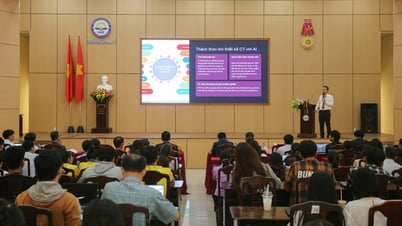








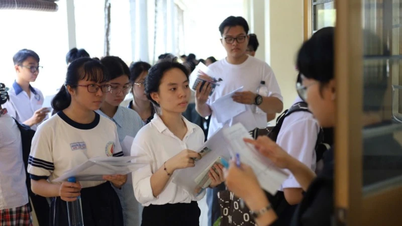





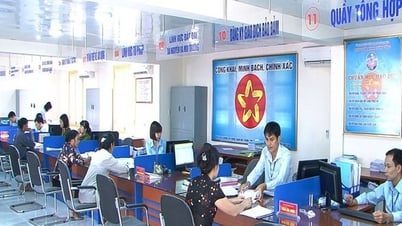
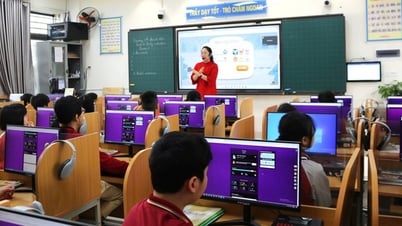
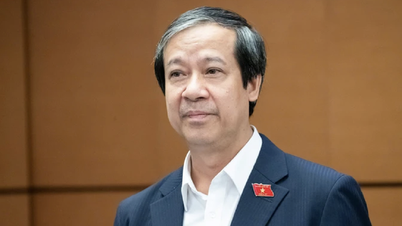
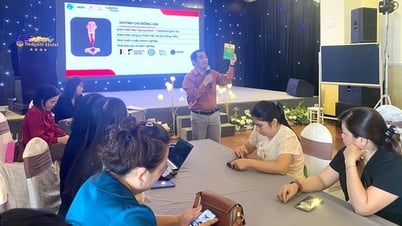
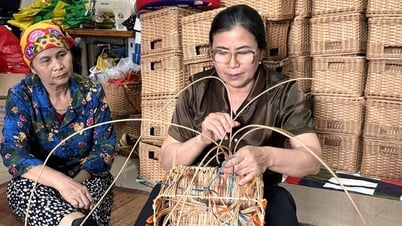









































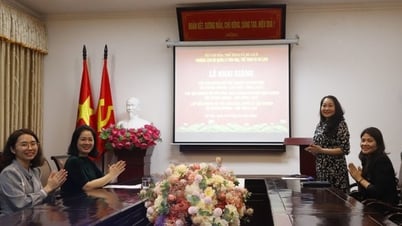







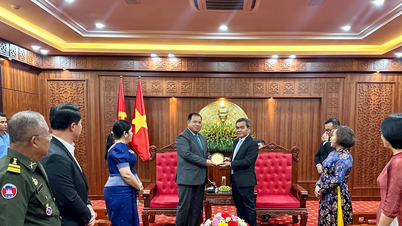




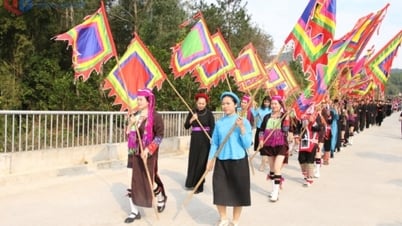











Comment (0)